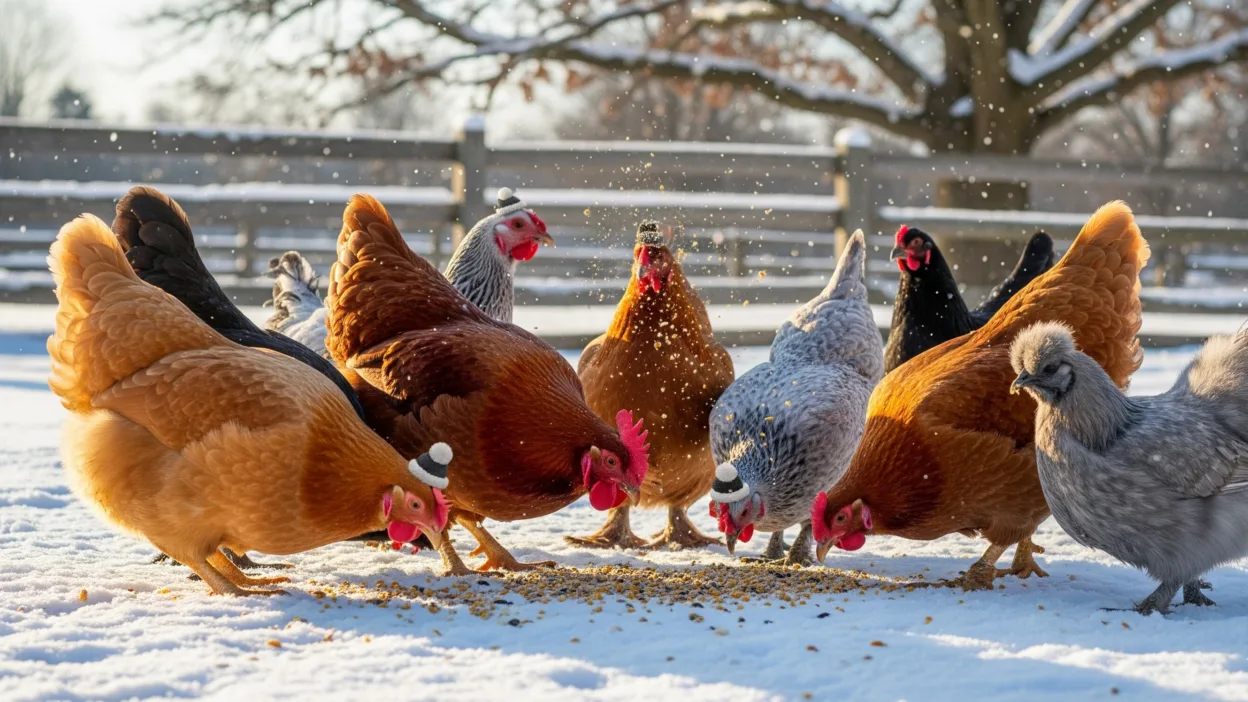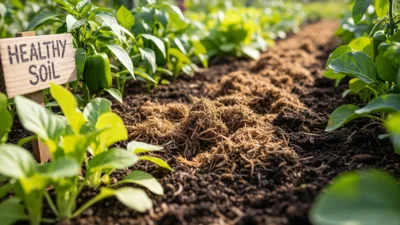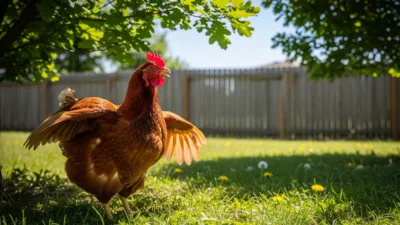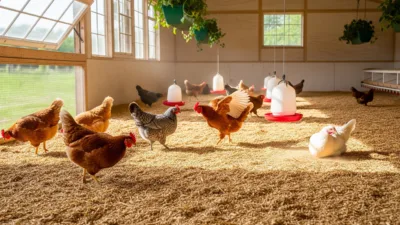Raising backyard chickens in the United States can be a year-round joy, but winter brings unique challenges for flock owners. Shorter days, freezing temperatures, and icy conditions can impact both your chickens’ health and their egg production. One of the most important factors in keeping hens thriving through the cold months is their winter diet. Feeding chickens in winter requires careful attention to nutrition, energy levels, and hydration.
In this guide, we’ll cover what to feed chickens in winter, the best supplements to keep them laying, and practical tips to ensure your flock stays strong and healthy even during the coldest months.
Why Chicken Diet Changes in Winter
In summer, chickens forage for grass, weeds, insects, and other natural protein sources. But in winter, snow covers the ground, bugs disappear, and pasture greens are gone. This means your flock relies heavily on the food you provide.
Winter feeding focuses on:
- Higher energy needs: Chickens burn more calories to stay warm.
- Balanced nutrition: Protein and vitamins keep their immune systems strong.
- Egg production: Proper nutrients prevent hens from stopping egg-laying.
- Hydration: Even in freezing weather, fresh water is crucial.
By making smart feed choices, you’ll not only keep your chickens comfortable but also ensure they keep laying fresh eggs throughout the season.
Essential Feeds for Chickens in Winter
1. Layer Pellets or Crumbles
A balanced layer feed should remain the base of your chickens’ diet in winter. These feeds are formulated with the right mix of protein, calcium, and vitamins to support both body maintenance and egg production.
- Choose 16–18% protein layer feed.
- Look for brands with added vitamins for cold stress support.
- Keep feeders full, as hens often eat more in winter.
2. Scratch Grains for Extra Energy
Scratch is not a complete feed, but it’s excellent as a supplement in cold weather. Whole grains like corn, wheat, and barley provide energy and help chickens generate heat during digestion.
- Feed scratch in the late afternoon, so chickens stay warm overnight.
- Use in moderation, about a handful per bird daily.
3. Protein Boosts for Strong Birds
Protein supports both feather health and egg production. During molting or frigid temperatures, adding extra protein is beneficial.
Good winter protein options:
- Black soldier fly larvae (high in protein and calcium)
- Mealworms (dried or live)
- Cooked eggs (scrambled without oil or seasoning)
- Fish meal or meat scraps (cooked, never raw)
4. Fermented Feed
Fermenting feed improves nutrient absorption and gut health, making it an excellent winter choice. It’s also easier to digest, which helps chickens conserve energy.
How to make fermented feed:
- Place layer feed or grains in a bucket.
- Cover with water, stir, and leave for 2–3 days.
- Feed daily in small portions.
5. Fresh Greens and Vegetables
Winter lacks natural forage, so supplement with leafy greens and vegetables. These provide vitamins A and C, which boost immunity.
Safe options include:
- Kale, spinach, collard greens
- Broccoli, cabbage, and carrots
- Pumpkin and squash (raw or cooked)
Hang cabbage heads or leafy greens in the coop for both food and entertainment.
6. Calcium for Eggshell Strength
Even in winter, hens need calcium for strong eggshells. A lack of calcium can cause soft or thin-shelled eggs.
- Offer oyster shell in a separate feeder.
- Save and crush eggshells to recycle calcium.
7. Grit for Digestion
When chickens can’t access dirt and small stones outdoors due to frozen ground, they need added grit to aid digestion.
- Provide insoluble granite grit in a dish.
- Don’t mix with feed, let birds take it as needed.
8. Warm Treats for Extra Comfort
On extremely cold days, warm food can give your flock comfort and energy.
Great winter treat ideas:
- Oatmeal (unsweetened, cooked with water)
- Warm mash (layer pellets mixed with hot water)
- Cooked rice or pasta (plain, no seasoning)
Supplements for Winter Chicken Health
Apple Cider Vinegar (ACV)
Adding a tablespoon of ACV per gallon of water supports digestion and immunity.
Garlic
A natural immune booster that helps chickens fight off winter illness.
Vitamin & Electrolyte Powders
Helpful during cold snaps to keep chickens strong and hydrated.
Winter Feeding Schedule
A sample daily routine for northern states:
- Morning: Layer feed, grit, fresh water
- Midday: Greens, vegetables, or protein snacks
- Evening: Scratch grains before roosting
This routine ensures hens stay fueled all day and generate heat overnight.
Common Feeding Mistakes in Winter
- Too Much Scratch – Leads to obesity and fewer eggs.
- Neglecting Fresh Water – Frozen water can cause dehydration.
- Not Enough Protein – Reduces egg production and weakens immunity.
- Overdoing Treats – Balance is key to maintaining nutrition.
Feeding chickens in winter doesn’t have to be complicated, but it does require adjustments. By providing a solid base of layer feed, supplementing with scratch grains, protein boosts, fresh greens, and calcium, you’ll keep your flock warm, healthy, and laying eggs throughout the cold months.
Remember, chickens burn extra calories staying warm, so don’t be afraid to give them a little more food than usual. Combine proper feeding with a well-insulated, dry coop, and your hens will thrive even in the coldest northern winters.
Whether you live in Minnesota, Maine, Wisconsin, or upstate New York, knowing what to feed chickens in winter ensures your backyard flock stays productive all year long.



